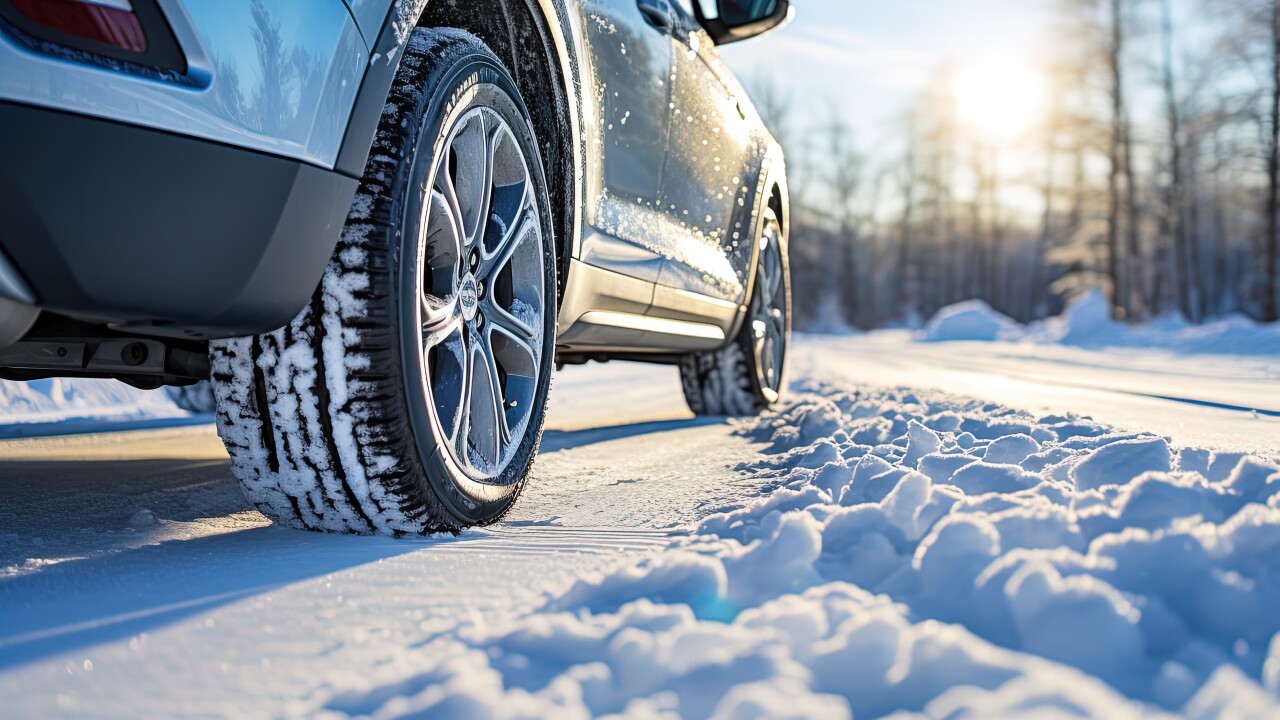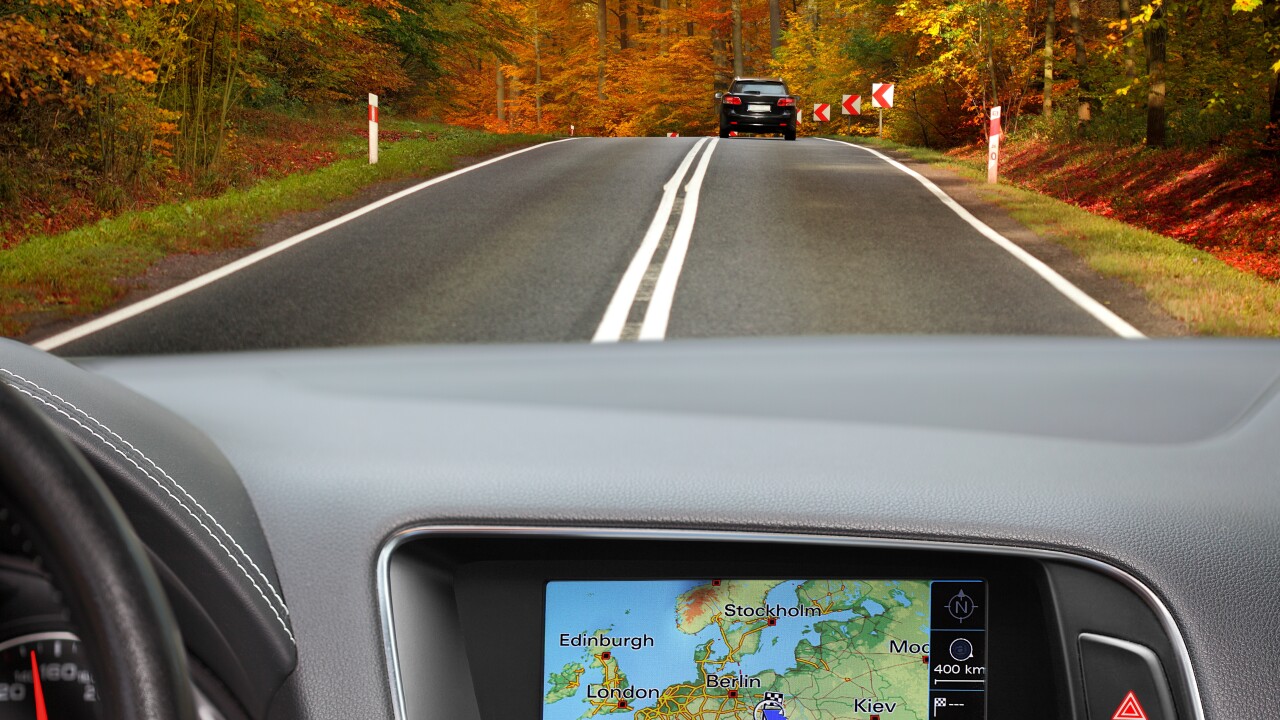-
Although the notes are supported by non-prime assets, Banco Santander sits at the top of the transaction's ownership chain and has a stable long-term, senior unsecured debt rating of A2.
February 22 -
HBAN will service the transaction, with an A3 rating for long-term, senior unsecured debt, an A2 long-term credit assessment, and P-1 for short-term deposits.
February 15 -
The notes benefit from total hard target credit enhancement of 16.50%, with an estimated 4.02% in estimated excess spread per year.
February 14 -
Like a growing number of auto ABS deals, the pool has more battery electric vehicles, which represent 10.6% of the pool, compared with 3.8% on the previous deal, FCAOT REV 2023-1.
February 14 -
In the current pool, some 77.4% for all three pools are composed of tier A loans. This is slightly higher than the concentrations of tier A loans seen in several previous deals.
February 12 -
Issuance has been scant since DRIVE 2021-3 closed in November 2021. A lack of comparison deals from recent years makes it more difficult to forecast losses.
February 8 -
The underlying loans are fixed rate, and they are financing a lower percentage of new vehicles, 22.8%. The loans also have a lower weighted average front-end loan-to-value (LTV) of 95.5%.
February 7 -
With a potential upsize to $1.3 billion, series 2024-1 features a potential floating-rate tranche benchmarked to the 30-day compounded Secured Overnight Financing Rate (SOFR).
February 6 -
The loans have a weighted average (WA) score of 781, the highest to date for the platform, and the deal also has several key positive credit highlights, including the lowest concentration of leases with terms greater than 36 months.
February 6 -
The percentage of obligors in the pool with no credit history amounts to about 81.5%, and that is actually higher than prior transactions from the TAST program.
January 31 -
Only loans that have made at least one payment were included in the collateral pool. At a weighted average (WA) 574, the pool's FICO score is slightly lower than that of recent pools.
January 30 -
The portfolio of new auto leases will support notes with an expected base case loss proxy of 1.0%.
January 29 -
The underlying transactions pay on a pro-rata basis, but that can switch to sequential pay if performance triggers, which can be addressed, are breached.
January 25 -
FCALT 2024A has a lower ratio of leases with an original term of 48 months, at 8.17%, compared with 6.85% on FCALT 2023B.
January 22 -
The cumulative net loss expectation is unchanged from CPSART 2023-D, even after considering the performance record of certain outstanding CPS program note series, like 2022 and 2023 in particular.
January 18 -
Almost half of the loans, 49.6% did not have an associated FICO score, and the pool had a non-zero weighted average (WA) FICO score of 704.
January 17 -
While the deal has a lot of positive characteristics, Moody's noted that the managed portfolio and 2022 and 2023 origination vintages are showing some deteriorating performance.
January 16 -
BLAST 2024-1 collateral pool exhibits a few key differences from BLAST 2023-1, such as a higher WA interest rate, at 23.4%, compared with 22.5%.
January 16 -
The trust will repay principal to investors sequentially, so that non-declining enhancement will grow as a percentage of remaining assets as the pool amortizes.
January 11 -
SFS' legacy company, First Investors Financial Services, securitized its first of 34 auto ABS deals in 2000, giving the SFS management team its experience in auto financing.
January 10



















